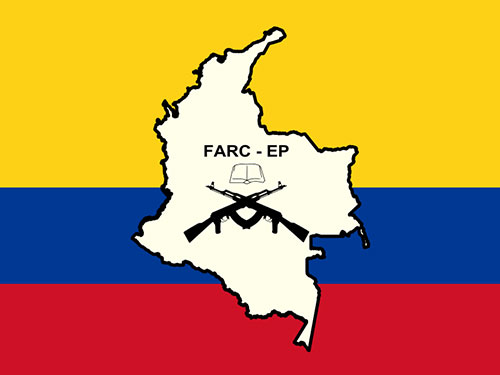
This article was originally published by Justice in Conflict on 25 September, 2015. Republished with permission.
It wasn’t long ago that the peace process between the FARC and the Colombian government seemed stuck. Little if any progress was being made and the biggest barrier to a final accord – agreeing on how to achieve justice and accountability for past atrocities – was proving impossible to overcome. However, in the last few weeks all of the parties agreed to a plan to achieve transitional justice. It was undoubtedly a remarkable development. But did Colombia and the FARC strike the right balance between peace and justice?
When I was interviewing the FARC on the peace negotiations in Havana earlier this year, the atmosphere was tense. The FARC, the rebel faction fighting the Colombian government since the early 1960s, responded to renewed military offensive by suspending their unilateral ceasefire. At that moment, reaching an agreement seemed like a distant prospect, despite the fact that the parties had already been negotiating for three years. Energy and stamina were at their lowest point and those closely involved in the negotiations confided that discussions had been at an impasse for over a year on the issue of justice. After having reached substantive agreements on the three previous agenda points (land reform, political participation, and the illegal drug trade), the talks had stalled on the age-old dilemma of peace versus justice.
